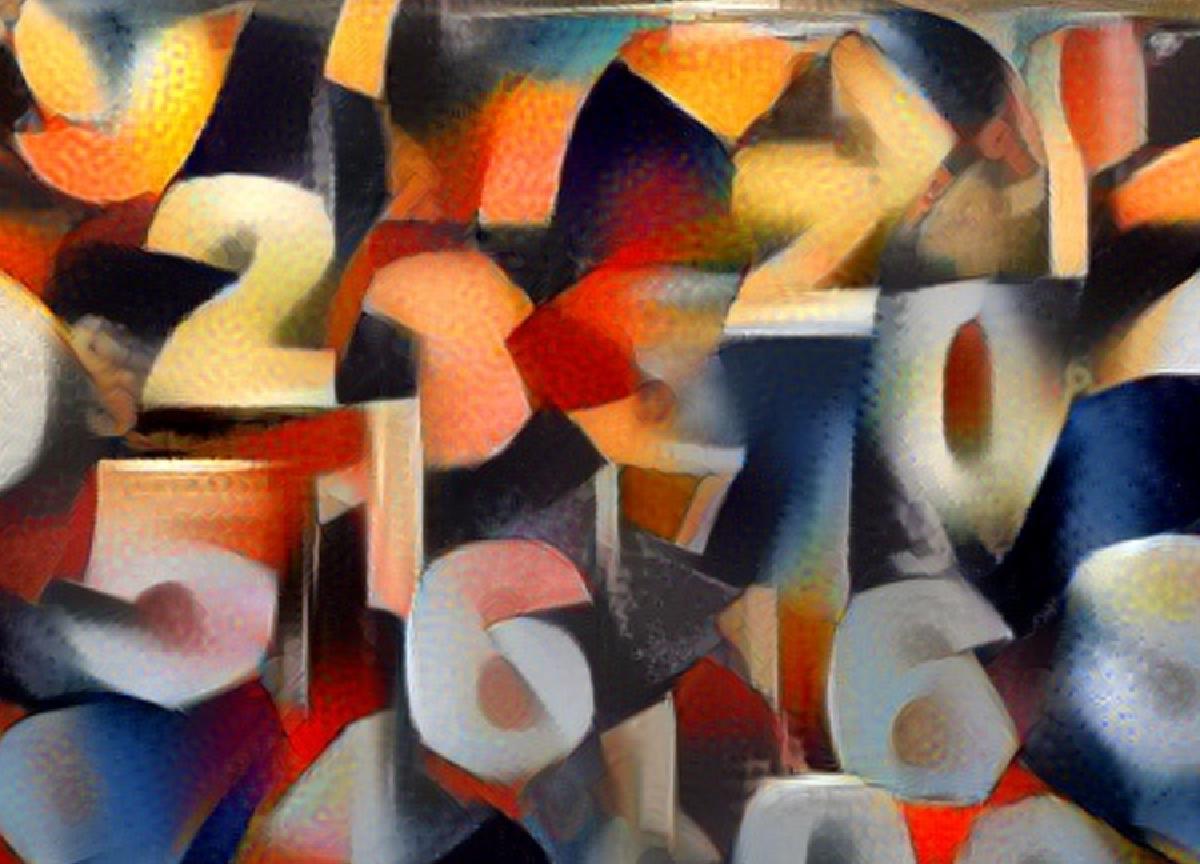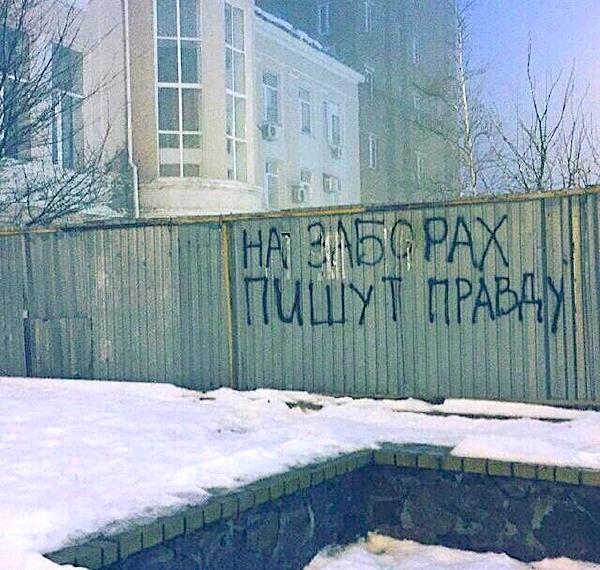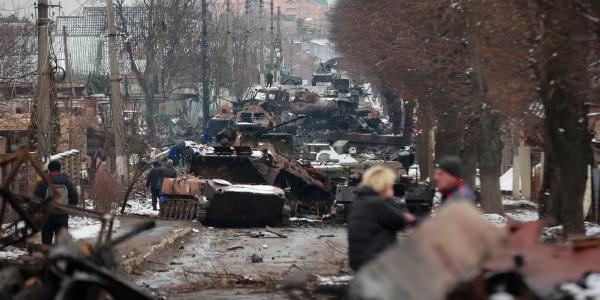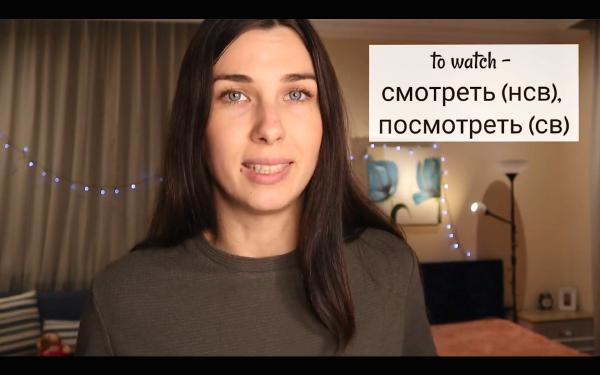Counting and Numbers
Numbers in Russian can already be a puzzle when you’re counting from 1 to 10. The words for 4 (четыре) and 5 (пять) don’t resemble anything you’re familiar with, восемь (8) is also strange, and 9 (девять) and 10 (десять) sound alike.
The words for 1 and 2 can take different forms (respectively один, одна, одно and два or две). And when Russians count, instead of starting with один, they often begin with раз (time/once).
From 10 to 20
Once you can count from 1 to 10, you can easily go further. Simply add надцать to numbers 1 through 9. However, some changes happen to the letter before it. In двенадцать (12), два becomes две. An e disappears in четырнадцать (14), and the (first) soft sign (ь) is no longer needed from пятнадцать (15) to девятнадцать (19).
Round Numbers
Here you’ll find a few surprises, but they’re easy to remember. Like the words for 40 (сорок) or 100 (сто). Beautiful but unusual are двести (200) and триста (300); 1000 is тысяча, and that word changes in form again. More on this in the clips below.
Practice
Clips
For practice afterward, Amazing Russian offers two exercises: one with regular numbers (
Reading Numbers the Fun Way) and one with telephone numbers (
Listening for Telephone Numbers).
At Help my Russian, there’s
Practise Russian Numbers with rhyme schemes from Pushkin.
Russian from Russia offers
Practicing Russian Numbers for those who don’t fear large numbers. You can also practice numbers with bingo (
Learn Russian Numbers Playing Lotto) and with songs like
Russian Numbers Song or
Песня про цифры от 1 до 100.
Apps
Apps are great for practicing (or learning) Russian numbers. Many have a game element, and you don’t have to pay – it’s a win-win. A few random options are
Learn Numbers in Russian,
Learn Russian Number Easily, and
Numbers in Russian (Google Play). For Apple users, there’s
Numbers in Russian and
Learn Numbers in Russian.
Russian Numbers 2, 10, 20, 30, 100, 1000
(2013, 7 m)
Russian Numbers – Russian Lessons
(2015, 5 m)
Числа. Числительные.
(РКИ для всех, 2016, 5 m)
More
Up to 10
The Numerals from 1-10 in Russian (LearnRussian.org, 2016, 3 m)
Numbers in Russian 1-10 (Elena Jung, 2016, 6 m)
Russian in Three Minutes – Numbers 1-10 (RussianPod101, 2012, 3 m)
Up to 20
Numbers 0 to 20 (Multilingual Audio, 2017, 3 m)
Numbers 11 to 99. Russian Pronunciation (Daria Mikhay, 2017, 3 m)
Numbers in Russian from 11-19 (LearnRussian.org, 2016, 3 m)
Up to 100
Learn Numbers 1 to 100 in Russian (Russian with Dasha, 2019, 11 m)
Counting Numbers 1-100 (Be Fluent in Russian, 2016, 17 m)
Numbers in Russian 0-100 (Elena Jung, 2016, 12 m)
Pronounce Russian Numbers from 20-100 (LearnRussian.org, 2016, 3 m)
Russian Numbers: 1-100 (Russian with Tatiana, 2015, 3 m)
Learn Russian Numbers – Counting to 100 (Weekly Russian, 2015, 10 m)
Up to 1000
Russian Numbers 0-10, 10-100, 100-1000 (Sergey Nim, 2019, 8 m)
Russian Numbers: 1-100 & 100-1000 (Russian with Tatiana, 2017, 7 m)
Counting Numbers 200-1000 (Be Fluent in Russian, 2016, 10 m)
The Numbers from 100-1000 in Russian (LearnRussian.org, 2016, 3 m)
1000+
Learn to Count up to One Million in Russian (Russian Up, 2020, 13 m)
Learn How to Count from 0 to a Billion in Russian (Russian Comprehensive, 2020, 14 m)
Numbers 1000-Infinity (Be Fluent in Russian, 2017, 6 m)
Also see:
- 1-20 Russian Numbers (Pronunciation, Declension, Cases)
- Russian Numbers (Russian Lessons)
- Russian Numbers 1-100: Pronunciation and Usage (ThoughtCo.)
- Learn Russian Numbers: Full Guide with Interesting Exercises (RussianPod101)
And for advanced learners, check out the number zero.
More








